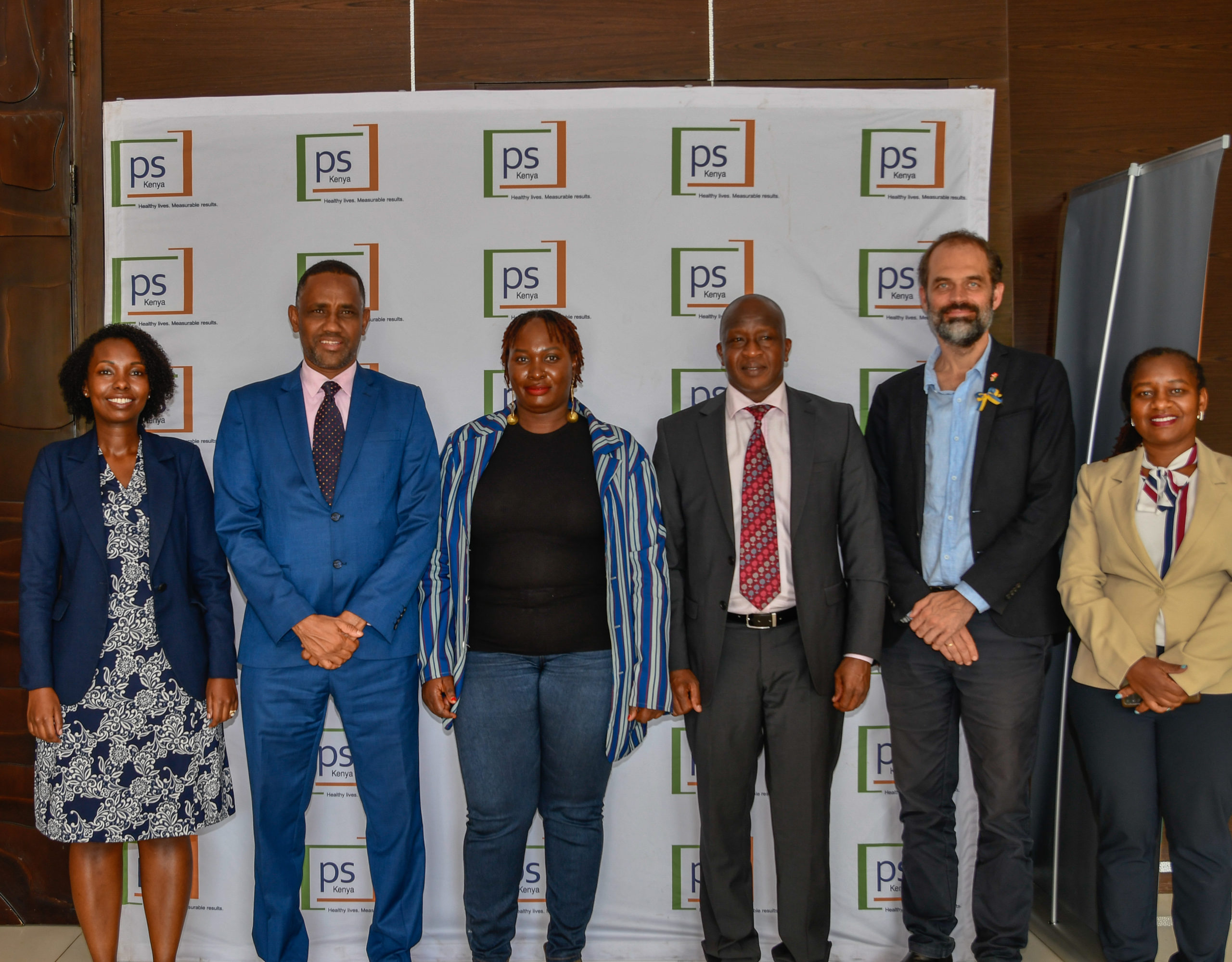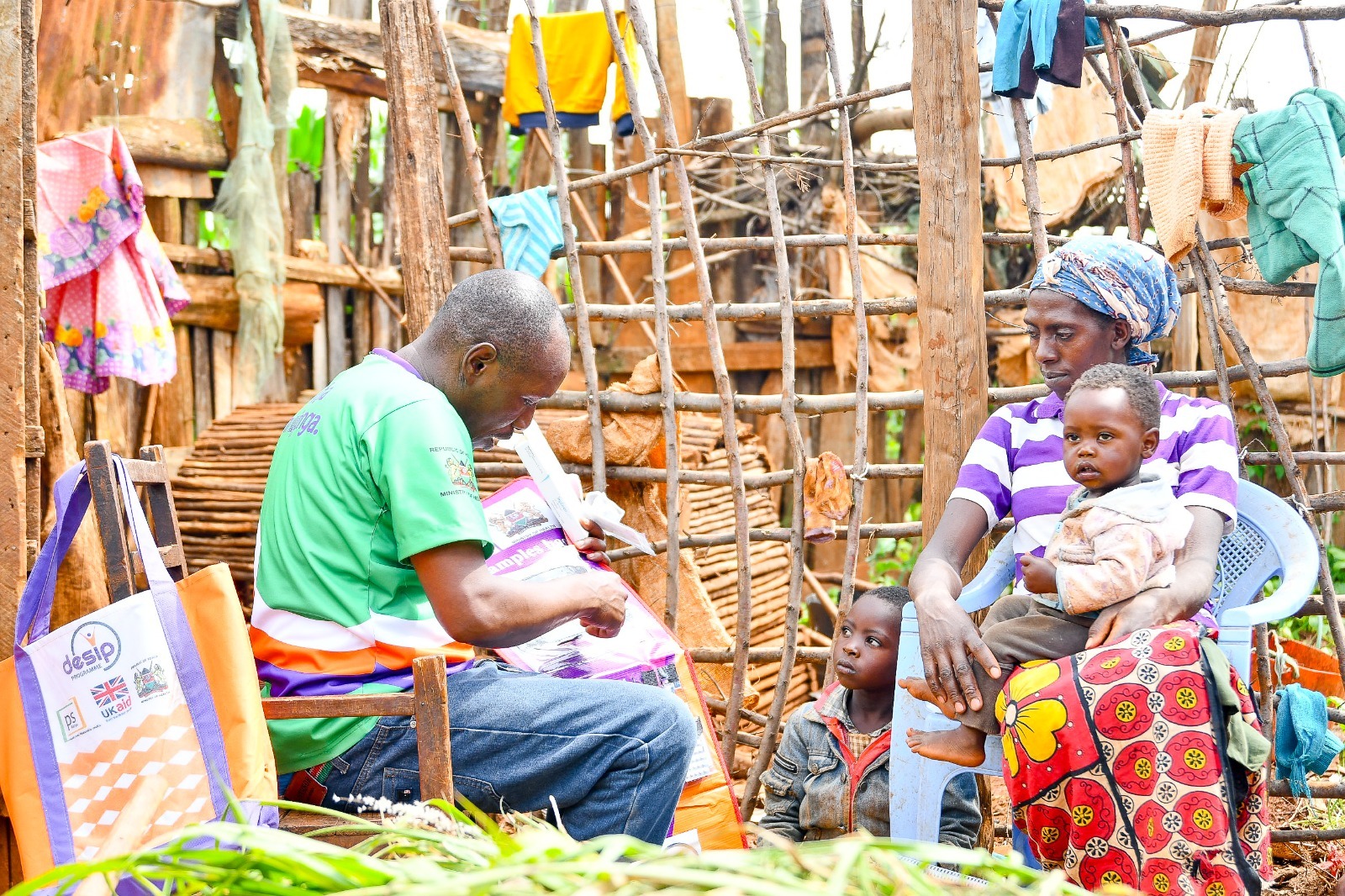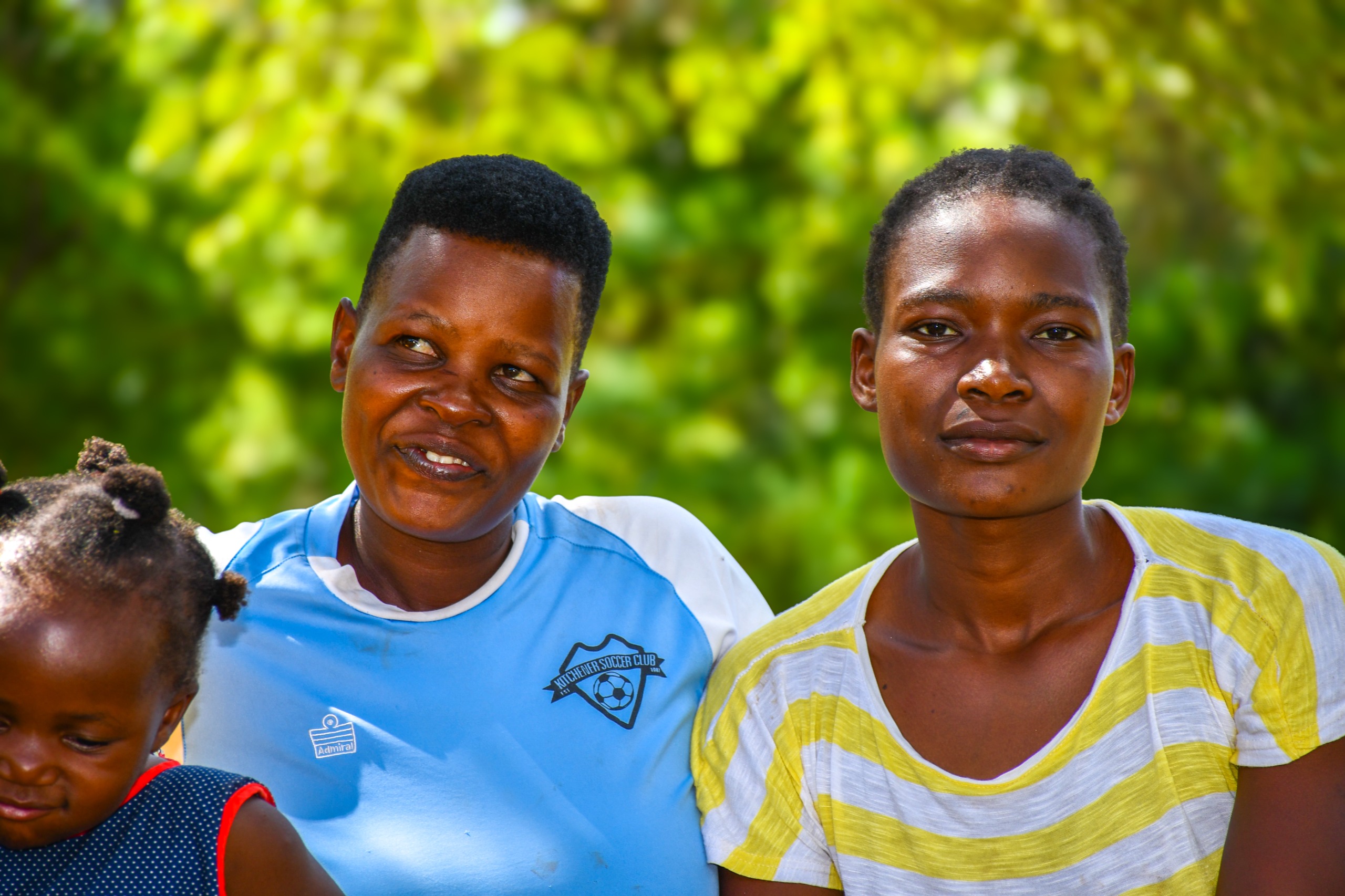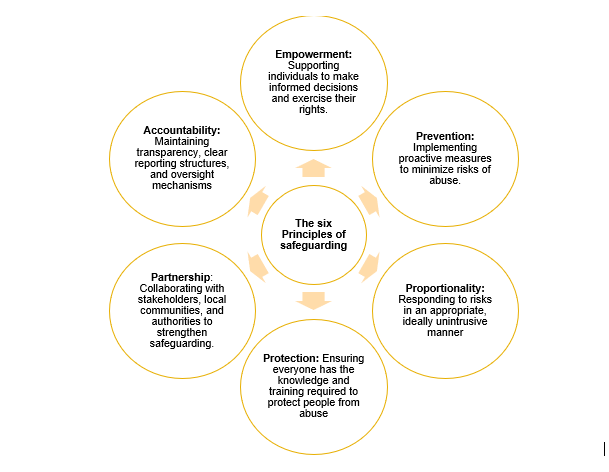Did you know that in the year 2023, some women have to hide the fact that they use contraceptives from their husbands? This is one of the findings that was disseminated by Population Services Kenya (PS Kenya) under their Accelerate Project on May 26, 2023, during the National Dissemination of Accelerate’s Research and Learning Agenda. In attendance were key external stakeholders such as Dr. Edward Serem, Dr. Mohamed Sheikh from the National Council for Population and Development (NCPD), and Thomas Hansen, a representative from the Danish Embassy, among others.

“This study will shed light on whether women and men know their rights when it comes to family planning, reproductive health, and gender-based violence. Whether the community will speak up and report cases of gender-based violence and whether institutions are properly equipped to handle reproductive health and GBV cases once they are reported,” Dr. Margaret Njenga, Chief Executive Officer, PS Kenya.
The Accelerate Project is funded by DANIDA and implemented in a consortium led by PS Kenya in partnership with the Gender Violence Recovery Center (GVRC) in 13 counties across the country. The project aims to contribute towards the ICPD25 promise of zero unmet need for contraception, zero preventable maternal deaths, and zero Gender-Based Violence (GBV) and Harmful Traditional Practices (HTPs).
“The Division of Reproductive and Maternal Health appreciates the Accelerate Project as it continues to assist the Ministry of Health in achieving ICPD25’s three zeros. We look forward to completely meeting our objectives with the Accelerate Project across the counties,” Hellen Mutsi, Project Officer at the Division of Reproductive and Maternal Health.
The study, which was conducted in Narok, Kwale, West Pokot, and Garissa, focused on three main objectives: to explore effective strategies for engaging local structures, duty bearers, and males around the Sexual Reproductive Health Rights (SRHR) and gender-based violence agendas. To explore strategies for improving the delivery of quality and integrated SRHR and GBV services in health facilities and to track trajectories over time in social norms related to respect for women’s and girls’ rights, sexual and reproductive health, and autonomy.
The Accelerate Project team held Focus Group Discussions (FGDs) in the four learning counties with an audience that spanned across the youthful and elderly, health facility providers, community health volunteers, community-based organizations, and different duty bearers. Across the four counties, participants confirmed that they had knowledge of the use of different contraceptives such as pills, condoms, coils, and injectables. However, some women reported that they preferred to use implants because it was easier to hide the method from their husbands, who are against family planning. It was reported that in some facilities in Garissa County, a doctor would send a woman back home to ask for permission on whether to get family planning from her husband. This finding brought to light the importance of educating men on their involvement in family planning and its benefits to individuals, couples, and the community as a whole.
Another key emerging theme from the study was that of gender-based violence, with participants admitting to being aware of the different forms of GBV and their occurrences in the community, with one of the causes of the violence circling back to the women secretly acquiring family planning methods. In West Pokot and Narok counties, young girls still undergo female genital mutilation due to the belief that this makes them more desirable for marriage. The discussions revealed that the community members are aware of the reporting pathways but choose what occurrences to report based on their judgment. Cases that they deem ‘small’ go unreported and are instead handled by ‘Kangaroo Courts,” where justice is rarely served and is usually at the expense of the survivors.
At the institution level, the participants reported a stockout of necessary medication and the callous handling of victims both by health care providers and the legal system in some areas. The lack of proper transportation systems also acts as a hindrance to the reporting of some cases.
The key takeaway from the findings of this research and learning agenda is that while the community is somewhat empowered on their sexual reproductive health rights and about GBV, more has to be done to ensure that they have a safe space to run to and the proper pathways to report to. PS Kenya remains committed to the fight against gender-based violence and other harmful traditional practices to empowering communities in their family planning choices. We invite other stakeholders to join us in creating a safe and empowered environment for all.



